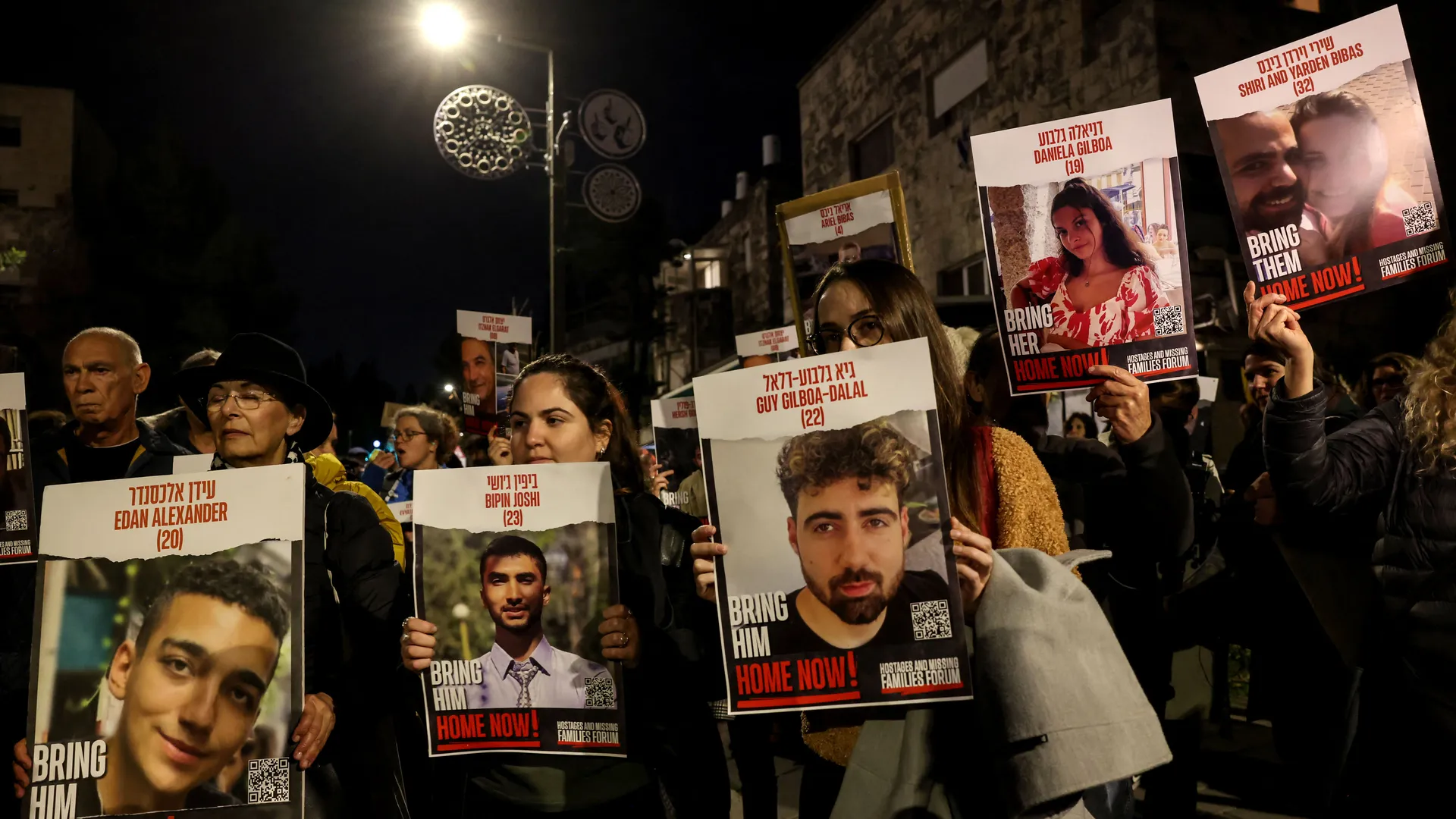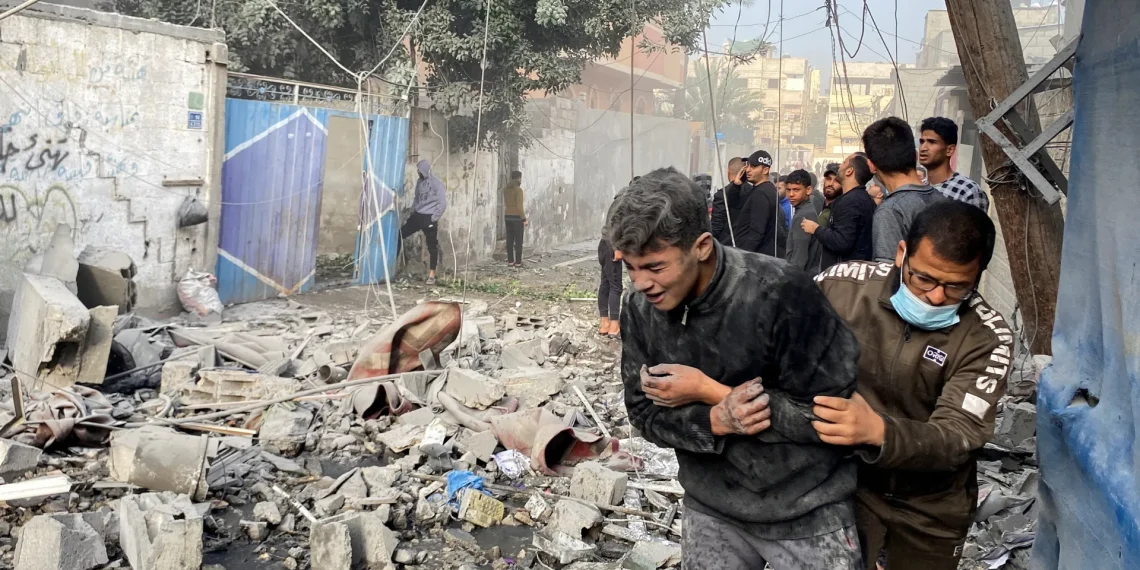Israel and Hamas, along with Qatari mediators, have expressed cautious optimism regarding progress toward a Gaza truce. President Joe Biden suggested a ceasefire could be reached within a week to halt the ongoing conflict.
Hamas is considering a proposed ceasefire, agreed upon by Israel in talks mediated by Paris, which would pause fighting for 40 days.
This proposal, discussed in Qatar, involves freeing some hostages in exchange for releasing Palestinian detainees, increasing humanitarian aid, and Israeli troops withdrawing from populated areas in Gaza.
However, Hamas seeks a clear path to a permanent ceasefire and the release of fighting-aged Israeli hostages, issues not fully addressed in the proposal. Biden hinted at Israel’s commitment to cease fighting during Ramadan, expected to begin on March 10, but Qatar remains cautious about an imminent breakthrough.
While Biden expressed hope for a ceasefire agreement by March 4, Hamas officials stated that significant gaps still exist.
Israeli government spokespersons emphasized the necessity for Hamas to drop unrealistic demands for a sustainable deal. Despite Biden’s optimism, senior Israeli officials questioned the basis for it. Meanwhile, the situation in Gaza remains dire, with many displaced residents enduring shortages of basic necessities.

The proposed truce involves Hamas releasing hostages and detainees, while Israel repositions its troops and increases humanitarian aid to Gaza.
However, it does not address the fate of fighting-aged Israeli hostages, a critical point of contention. The conflict, sparked by Hamas attacks in October, has resulted in significant casualties and displacement.
As negotiations continue, the prospect of a lasting ceasefire remains uncertain, with both sides maintaining their respective positions. The humanitarian situation in Gaza continues to deteriorate, underscoring the urgency of reaching a resolution to end the violence and suffering.


















